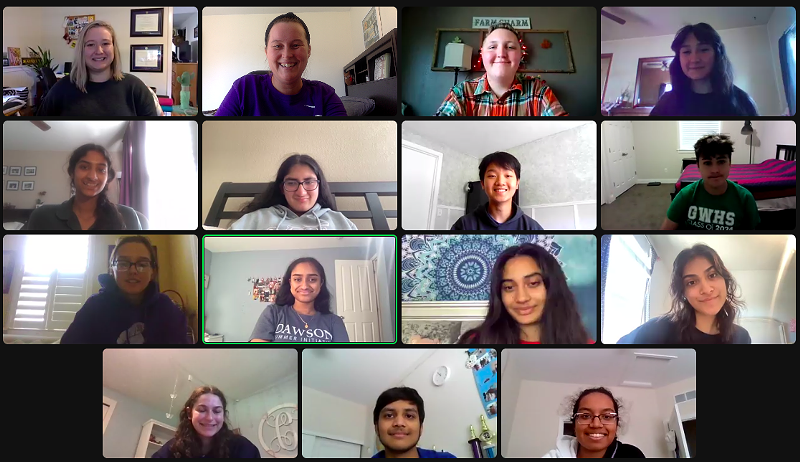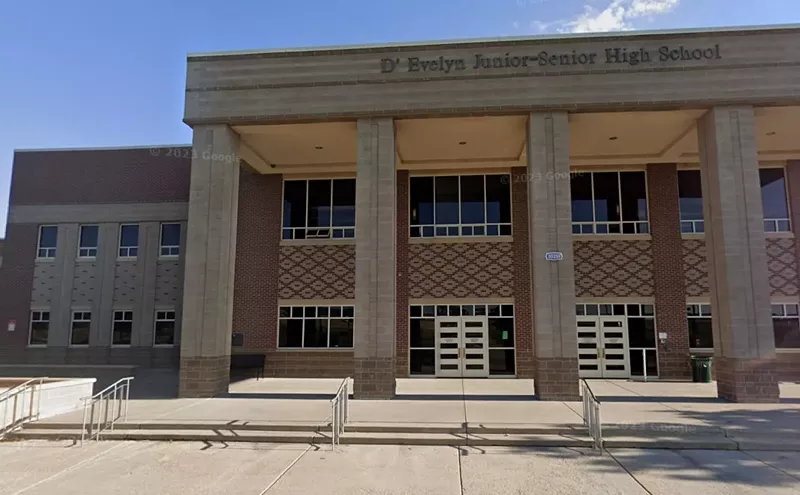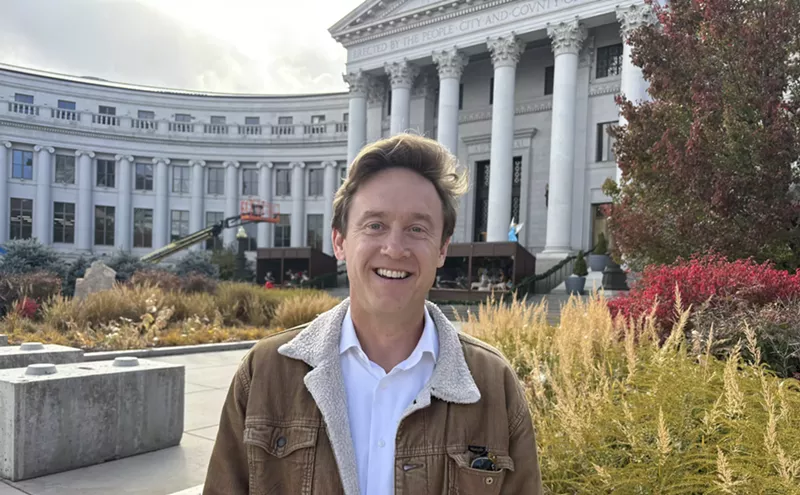“You can’t love your country only when you win. And you can’t love your neighbor only when you agree.”
These poignant words from President Joe Biden during his first public address after the Democratic Party’s loss in the 2024 presidential election resonate deeply in a nation grappling with division and uncertainty. With President-elect Donald Trump preparing to return to the White House in January, the United States stands at a pivotal moment — one that requires reflection, healing and collective action.
The 2024 election season was a mirror of our national psyche, marked by fierce polarization and widespread disenchantment. A Pew Research Center survey conducted in the weeks leading up to Election Day revealed that 71 percent of voters felt the campaign was excessively negative, while only 19 percent said it made them proud of the country. These numbers underscore a stark reality: The threads of our national unity are frayed, and the imperative to mend them is urgent.
For marginalized communities — immigrants, people of color, women and low-income individuals — this election was more than a political contest. Campaign rhetoric amplified longstanding inequities in health care, education and economic opportunities. Debates over immigration, reproductive rights and inflation, compounded by the spread of misinformation, left many feeling excluded and vulnerable.
President-elect Trump’s campaign, rooted in a populist and anti-immigration agenda, reignited debates about national identity and equity. Conversely, Vice President Kamala Harris, whose platform emphasized inclusivity and reproductive rights, was unable to secure enough votes to counter the groundswell of support for Trump’s promises to “restore” economic strength and “protect” traditional values.
At YouthRoots, where we empower young people from diverse backgrounds to lead, many expressed dismay at feeling overshadowed by political noise. For these young leaders, the election represented more than policy decisions; it was a reflection of the fractured nation they are poised to inherit.
Healing the nation requires more than the end of campaign ads or the closing of ballot boxes. It demands deliberate and sustained efforts to bridge divides and foster inclusive dialogue. President-elect Trump’s transition team has an opportunity, perhaps even an obligation, to set a tone of reconciliation and advance policies that address systemic inequities without marginalizing vulnerable groups further.
As citizens, we must remember that the strength of our democracy lies in its diversity. We do not need uniformity of thought to find common ground. Instead, we can commit to meaningful dialogue, recognizing that listening, especially to those we disagree with, is a vital step toward unity.
Marginalized communities must not only be included in these conversations, but empowered to shape policies that will define the next chapter of American history. For young people, who are disproportionately affected by political discord, empowerment is essential. Programs like YouthRoots’ YouthScan, which amplifies youth perspectives on pressing social issues, serve as a road map for engaging the next generation in civic participation and leadership.
A 2022 report from the Harvard Institute of Politics found that 46 percent of young Americans believe that politics rarely reflects their priorities. This growing disillusionment must be addressed if we are to build a democracy that is not only representative, but resilient. Empowering young people to lead change — through mentorship, resources and platforms that amplify their voices — is critical to building a future that transcends partisan divides.
The Biden administration demonstrated that leadership grounded in empathy can inspire hope, even in times of loss. As President-elect Trump prepares to take office, he has a responsibility to lead for all Americans — not just those who voted for him. Bold, decisive action on issues such as economic equity, systemic injustice and rebuilding trust in democratic institutions will be key to moving the nation forward.
This post-election period is not merely a transition of power; it is an opportunity to redefine what unity and resilience look like. For young Americans, resilience must mean more than surviving political turbulence — it must mean transforming it into progress. By investing in youth leadership and fostering environments for innovation and collaboration, we can build a society where political differences enrich our collective growth rather than divide us.
The 2024 election is but one chapter in the unfolding story of our nation. As we prepare for the next administration, let us shift our focus from what divides us to what unites us. Together, we can create a society where diversity of thought strengthens our democracy and where collective action shapes a brighter, more inclusive future.
In doing so, we will reaffirm that while elections determine leadership, it is our shared humanity and commitment to progress that determine our destiny.
Sheila Van de Graaph is the executive director at Colorado-based YouthRoots.
On weekends, Westword.com publishes commentaries on matters of interest to the community; the opinions expressed in these are those of the authors, not Westword. Have one you'd like to submit? Send it to [email protected], where you can also comment on this piece.

Audio By Carbonatix
[
{
"name": "GPT - Billboard - Slot Inline - Content - Labeled - No Desktop",
"component": "23668565",
"insertPoint": "2",
"requiredCountToDisplay": "2"
},{
"name": "STN Player - Float - Mobile Only ",
"component": "23853568",
"insertPoint": "2",
"requiredCountToDisplay": "2"
},{
"name": "Editor Picks",
"component": "17242653",
"insertPoint": "4",
"requiredCountToDisplay": "1"
},{
"name": "Inline Links",
"component": "18838239",
"insertPoint": "8th",
"startingPoint": 8,
"requiredCountToDisplay": "7",
"maxInsertions": 25
},{
"name": "GPT - 2x Rectangles Desktop, Tower on Mobile - Labeled",
"component": "24956856",
"insertPoint": "8th",
"startingPoint": 8,
"requiredCountToDisplay": "7",
"maxInsertions": 25
},{
"name": "Inline Links",
"component": "18838239",
"insertPoint": "8th",
"startingPoint": 12,
"requiredCountToDisplay": "11",
"maxInsertions": 25
},{
"name": "GPT - Leaderboard to Tower - Slot Auto-select - Labeled",
"component": "17676724",
"insertPoint": "8th",
"startingPoint": 12,
"requiredCountToDisplay": "11",
"maxInsertions": 25
}
]










